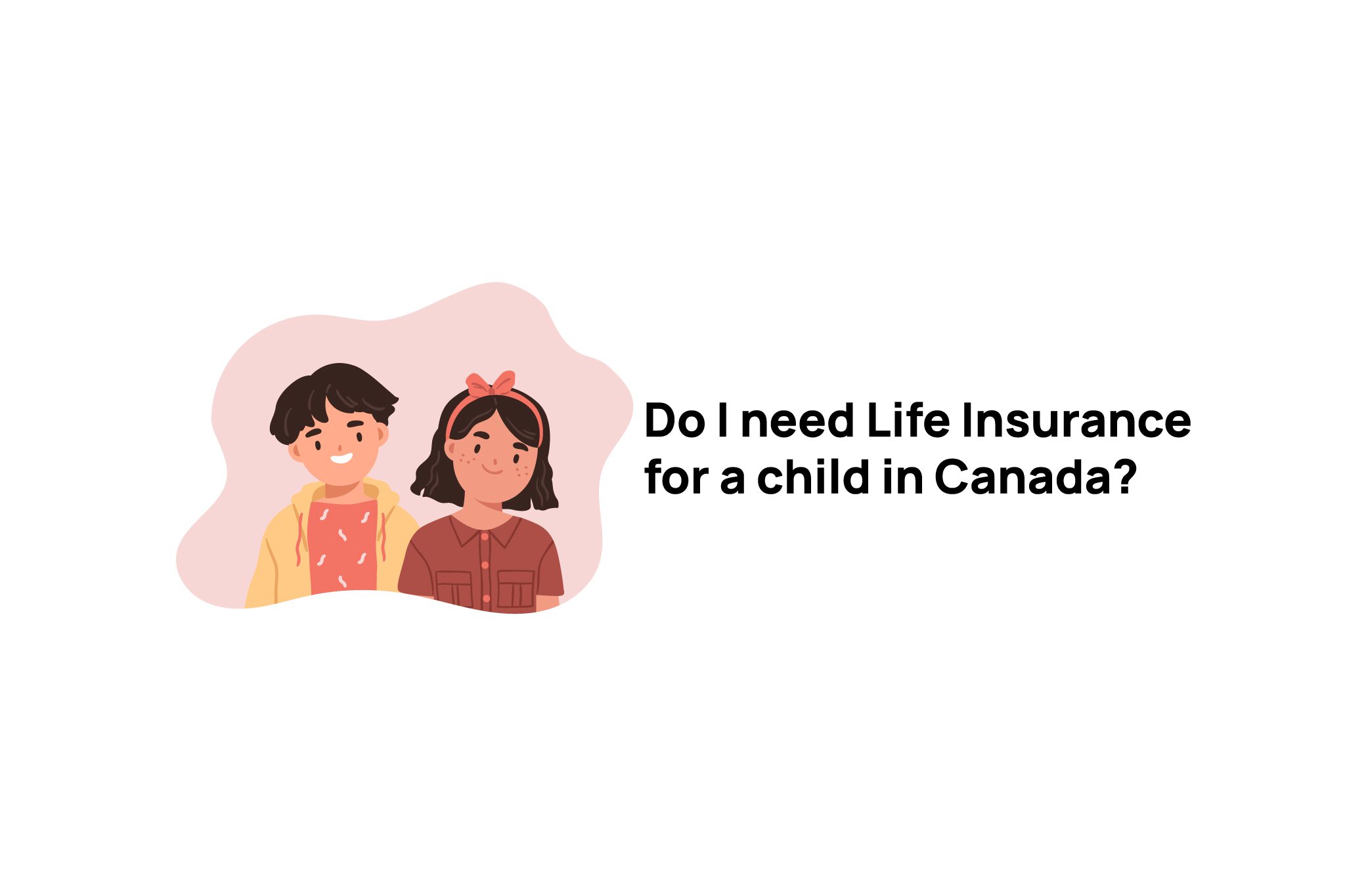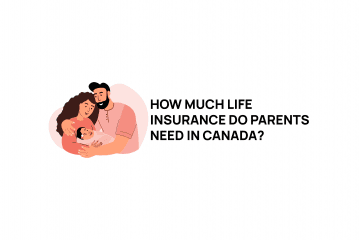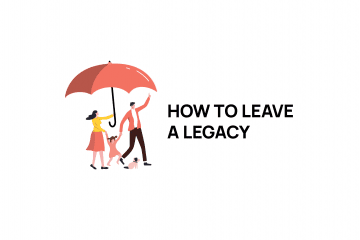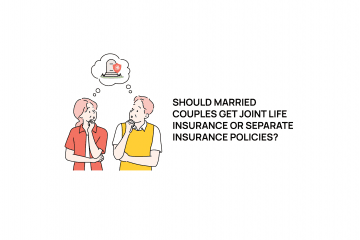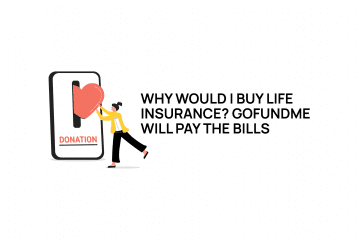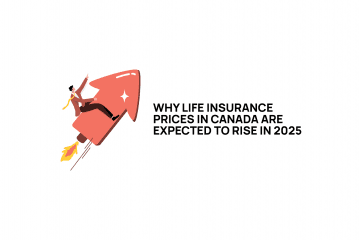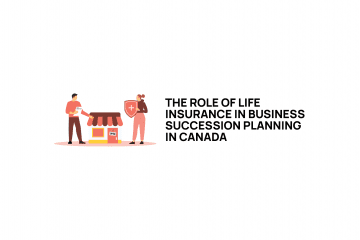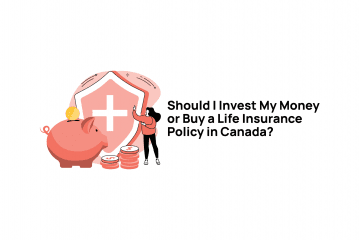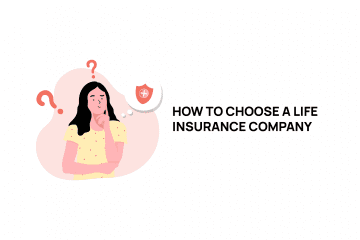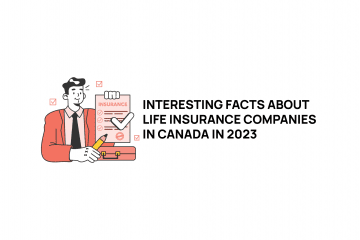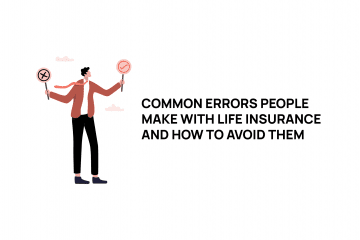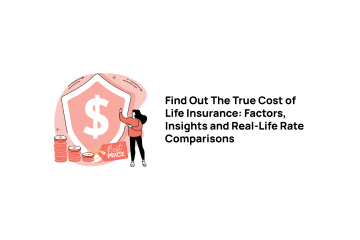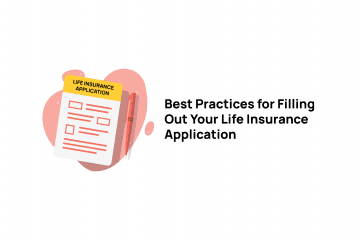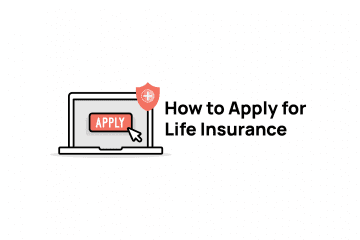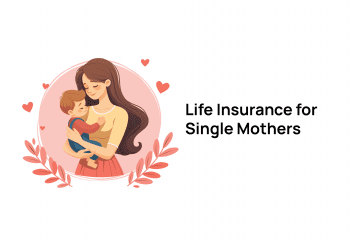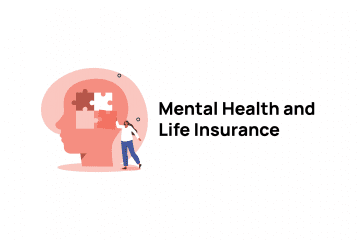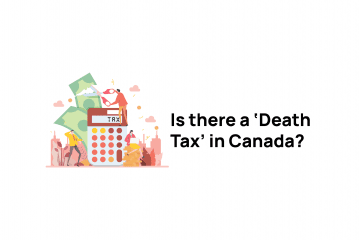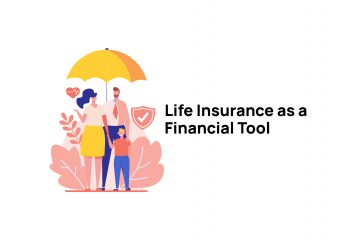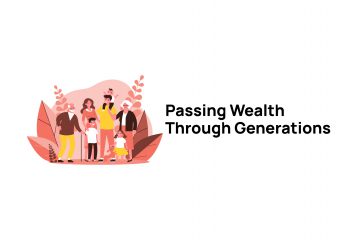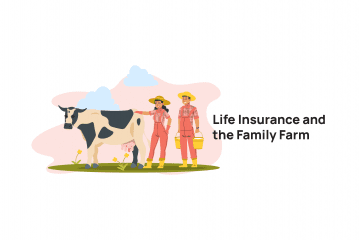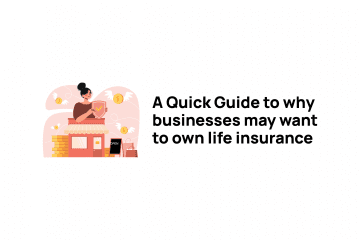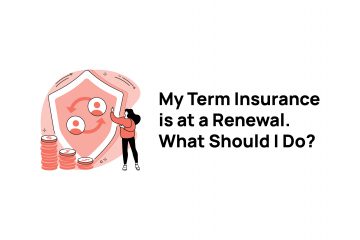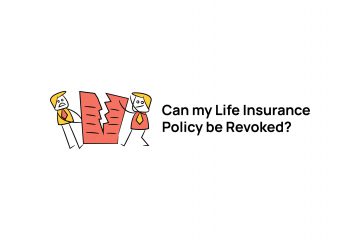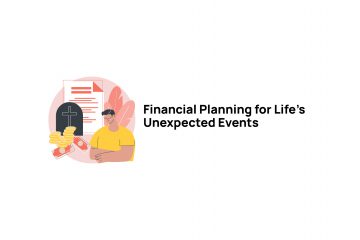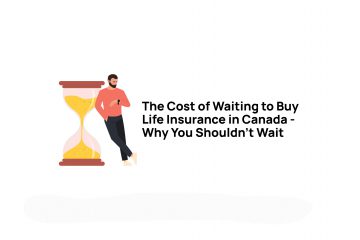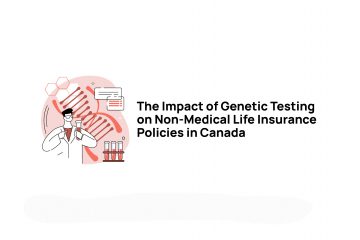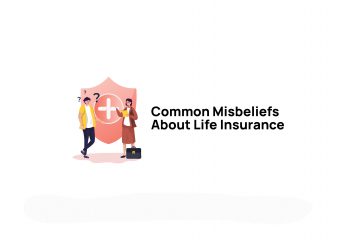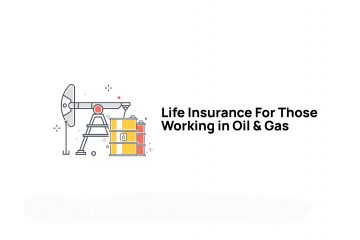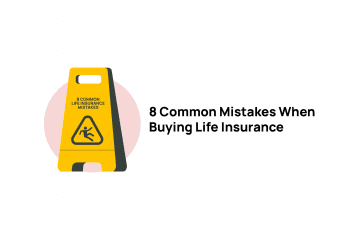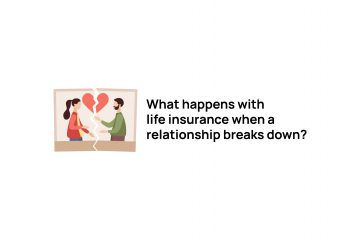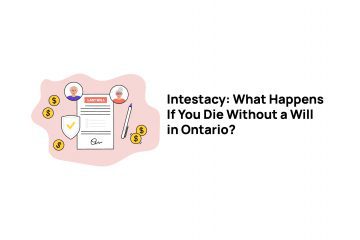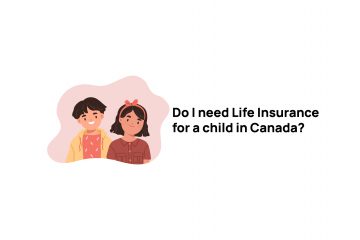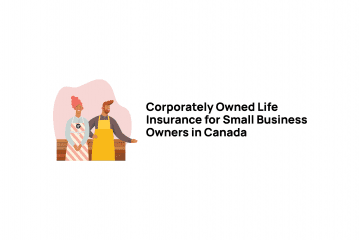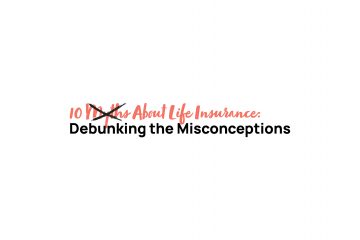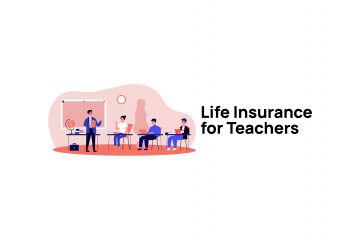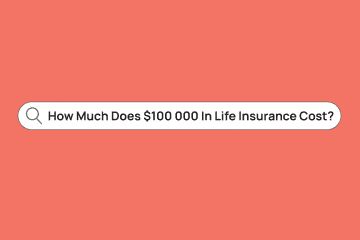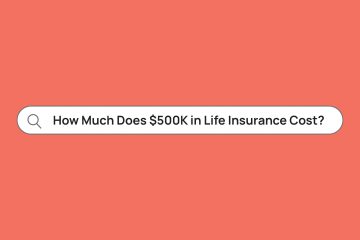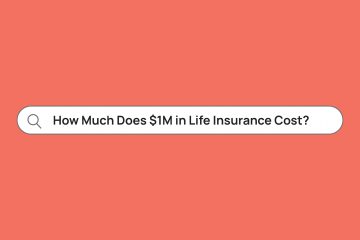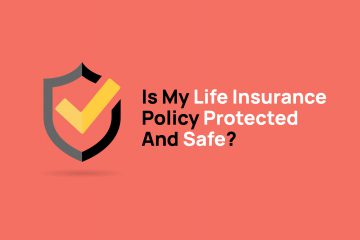That’s a stomach-churning question. I get it. Why would anyone want to think about getting life insurance for their child? Isn’t it bad karma? Why even put the idea that your kids may die out into the universe? It really is a topic that makes many people feel queasy. Here’s the thing, though. There are many reasons you should consider getting life insurance for your children. We’re going to look at both the hard-to-think-about and the positive reasons and show you how life insurance for your kids is a good idea regardless of why you get it. I am going to focus on the purchase of a whole life policy here, but will touch on another option as we proceed through.
I am going to start off with the nauseating scenarios first. Let’s rip the band-aid off first, then move on from there. These are the things that no parent wants to think about. But, unfortunately, just not thinking about things doesn’t mean they won’t happen. Better to have a plan in place than the alternative in this situation.
In This Article:
- The Death of a Child
- Premiums are Unbeatable
- Dividend Growth in the Policy
- Cash Values
- Guaranteed Future Insurability
- A legacy for future Generations
The Death of a Child
There it is. A list header that no one wants to even think about. The idea that your child could pass away is every parent’s nightmare. Of course, no parent wants to think about this, but let’s look at what could happen. There are typically two pathways that the death of a child could follow, and in my years in the insurance industry, I have known advisors who have had to deal with both.
- Pathway number one is when a child becomes ill, and there is an extended period of time when the illness lingers. Often parents end up in a situation where they use up vacation time, compassionate leaves and exhaust all methods of paid time off from work available to them. What happens next is often unpaid time off work. The worst part is that this time off is often accompanied by unusual expenses (think of things like prolonged stays away from home or high parking costs at health care facilities) on top of your normal daily life expenses. These expenses piling up while your income is on hold can become an issue. If the worst-case scenario plays out and the death benefit of the policy pays out, at least it is an infusion of cash at a time when it is needed most.
- The second pathway is when there is an accident or rapid illness that results in death. This can be an extremely traumatic scenario. Again, as a parent, you land in a situation where your life goes on hold. How do you deal with something like the sudden death of a child? Work and many other things become so small on your priority list that you can again begin to lose income while expenses continue to add up. Again, you end up in a situation where the cash from a life insurance payout allows for relief of the pressure associated with your expenses and allows you the time needed to grieve.
I have been told by colleagues who have dealt with the payouts from children’s policies that the parents are grateful that the coverage was in place. While discussing things in the years after the policy paid out its benefit, the affected parents had told them that they never imagined that when they took out an insurance policy on their child that it would have prevented them from personal financial disaster. With the benefit of time to look back on what they went through, they see that the life insurance was a key part of allowing them to take the time to deal with the emotions that they were going through. Many look back and are comforted by the thought that they did not feel rushed through the grieving process because they felt financial pressure. When it was needed most, they were afforded the time to deal with their emotions without financial stress added to the mix.
The truth about this part of the life insurance conversation is that having any life insurance for your child will serve the purpose here. It doesn’t have to be a whole life plan. For example, you can add a child rider to your own policy. This comes with some limitations but serves the purpose we discuss here. Typically, a child rider needs to be attached to the parent/legal guardian’s policy, it is limited in the amount of coverage (usually around $30,000 for a maximum), and it expires if the parental policy lapses or when the child is no longer a dependent (age 21 -25 depending on school status usually). A child rider is usually an inexpensive option to add to your policy, and the peace of mind that it can provide you is invaluable.
There. The morbid, unpleasant portion of this topic has been addressed. Now let’s look at some of the other reasons that you should consider getting a life insurance policy for your kids.

Premiums are Unbeatable
Whole life insurance policies have a level premium for the life of the policy. These premiums are established based on the age of the life insured when the application is placed. That means that as a child, you can establish a policy with the lowest premiums that your kids will ever have to pay (if you start at age 0). There are also many insurers who offer ‘limited payment period’ policies. These are policies where the premiums are paid over a condensed number of years, but the coverage lasts your whole life. Again, by applying at a young age and using the limited payment option, your kids could have a policy that is paid up prior to being an adult. This is really an awesome setup for them as they enter adulthood.
Dividend Growth in the Policy
When you buy a whole life participating life insurance policy, the plan is eligible for dividends from the insurer each year. By using the paid-up addition dividend option every year on the policy anniversary, any dividend that is paid will buy you more insurance. Here’s the best part. That dividend buys you more participating insurance, meaning that the next year the base for your dividend payment is bigger, and you are eligible for more. The policy growth really compounds over the years, particularly when a policy is in place for young kids because the cost of insurance is so low that the dividend can really accelerate the growth in the policy.
Cash Values
Again, if the policy that you purchase for your child is a whole life plan, there will be cash value in the policy in the future. What’s more, if it is a participating policy, like what was just mentioned, that paid-up insurance also has a cash value, so there can be a nice nest egg building up tax-deferred inside the plan. If the owner of the policy ever needs it, there are options for accessing the cash value (loans and partial surrenders as examples), and it can be used in a variety of ways. Taxation needs to be remembered if you are going to access the money, but it is always there if it is needed.
*As an aside, remember that once your kids are old enough, you can transfer ownership of the policy to them without tax concerns. It is one of the few non-arms-length transactions where that is the case, but as long as the person you are transferring it to is the person insured by the policy, you’re all clear from a tax perspective.
Get a free quote
Guaranteed Future Insurability
When you set up a whole life policy for a child, you typically have the option to add a rider to the plan that is a Guaranteed Insurability rider. What this means is that so long as the policy is in force, there will be dates in the future when the issuing insurer is obliged to sell your child more insurance at standard rates. The only question they are typically allowed to ask is if they smoke. Other than that, there are no health questions. If there is an underlying health issue or a family history issue that was unknown at the time of the original application, the insurer cannot decline coverage or ask for extra premium. The clause can usually be exercised a set number of times until either a maximum amount or maximum age is reached. There is another scenario where the guaranteed benefit becomes valuable that you may not think of. Everyone understands that if you have a health problem, you may have a hard time getting life insurance, but what about the lifestyle side of things. As an example, there are careers and hobbies that can make the insurer nervous as well. Pilots are an example of people who can have difficulty getting life insurance. If your child decides to become a pilot and you have one of these riders on a policy, they are assured that they can get coverage, no questions asked. Putting a policy in place when your child is young protects their ability to get life insurance even if they decide that they want to become a spelunker (a hobby involving rappelling into caves and a super fun word to say)!
A legacy for future Generations
Think about things this way. If you establish a whole life policy for a child, what you are really hoping to do is provide a legacy that can be passed down to your grandchildren (or great-grandchildren potentially). As we mentioned at the beginning of this article, you hope that a policy on your child never pays out. Here’s the thing, though. It will. We checked. The mortality rate is 100%. A whole life insurance policy that has the premiums paid stays in force, and it will eventually pay out. By establishing a policy when they are very young, what you are doing is locking in a plan with the best possible premium that can grow for years and years through the payment of those dividends. What you are really hoping for is that the plan you start when your child is young pays out decades into the future. In fact, it will be your grandkids that would benefit from the policy at that point in time. It’s a pretty cool gift to be able to take a small amount of money each year and have it turn into a legacy that passes to future generations.
There. We did it. We got through the conversation on why you would want to get insurance for your kids. It’s not really a pros and cons list. I honestly can’t think of any cons that I would list. That being said, I do understand why people don’t want to address the idea. But just because it’s not a pleasant topic doesn’t mean that there are reasons it’s not a good idea. Instead, let’s focus on those more pleasant thoughts. The ones that show all those future benefits to your kids (and maybe even their kids) and seriously consider setting up an insurance plan for your children. If you would like help purchasing life insurance of your children you can contact us any time.
